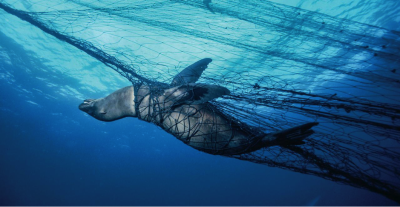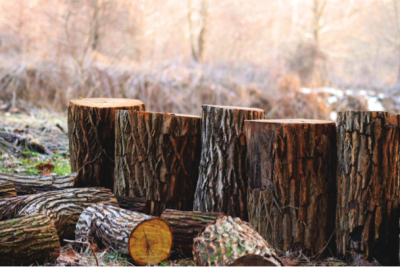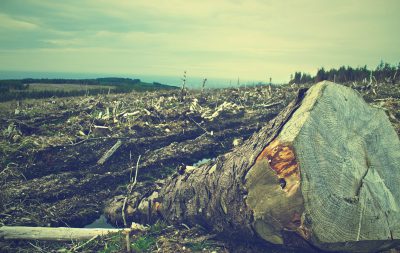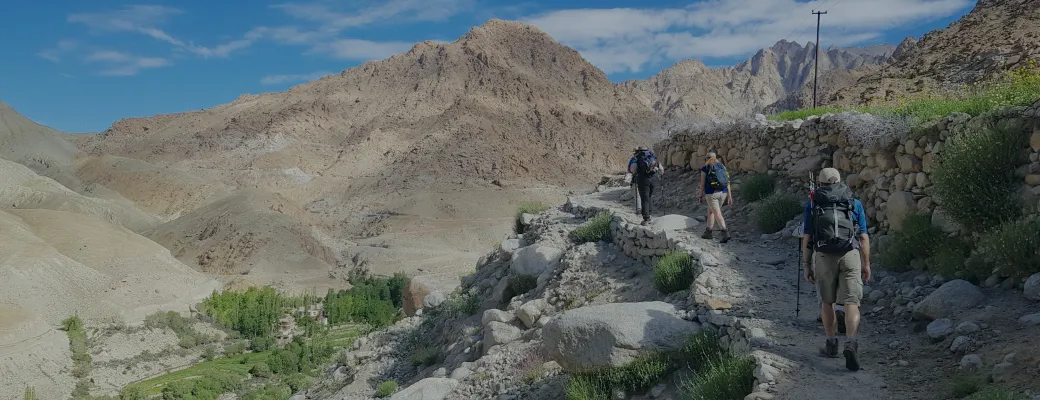Photo Credit: Save Our Seas Ltd./ Tom Campbell/Marine Photobank
We already know that, for animals, plastic is turning the ocean into a minefield. Distressing images of birds wearing plastic bags, turtles tangled up in discarded nets, seals strangled by plastic straps, and starved whales with bellies full of plastic containers are making us rethink what we do with that plastic straw.
But is ditching straws and other single-use plastics, or ensuring that we recycle plastics rather than just throwing them away, going to make all the difference?
Sadly, no.
plastic pollution
Scientists have identified that around 12 million metric tons of plastic is entering our oceans every year, which is a garbage truck full every minute. Thanks to large corporations that continue to churn out throwaway plastic bottles, cups, and straws, the cycle is relentless, and as far away as we try to toss a piece of plastic—whether it’s into a recycling bin or not—it does not disappear. More often than not, it still ends up polluting our communities, oceans, or waterways in some form.
The truth is that we cannot recycle our way out of this mess, but we can demand a new era that prioritizes people, animals and planet over profit and convenience.
Are Single-Use Plastics to Blame?
Single-use plastics—like lunch cartons and plastic food wraps—–are a big part of the problem but they’re not the whole problem. Far from it.
Ocean plastic research is a relatively new field, with the first comprehensive count of ocean plastic published in Science just three years ago. Until recently, most research into ocean plastic sources came from beach clean-ups and, as a result, the most common objects found were items that humans use near beaches, like cigarettes, straws, and cups. But last year, after measuring the trash in the Great Pacific Garbage Patch (GPGP), researchers published a report revealing that the largest source of plastic pollution in our oceans is actually fishing equipment.
the fishing industry pollutes the oceans
Over three-quarters of the GPGP mass was carried by debris larger than 5 cm, at least 46 percent of which was comprised of discarded fishing nets either lost at sea by accident or dumped illegally. The devastation that fishing causes to our marine ecosystems is a principal reason why caring about our oceans, the creatures who swim within them and the birds who fly above them, means refusing to buy or consume fish or seafood.
Killer Ghost Nets
More than 650,000 marine animals, including dolphins, whales, seals and turtles, are killed or injured in fishing nets each year.
In many cases, animals get caught and die in nets that are being actively used by fishermen. For instance, thousands of dolphins are captured and killed as “bycatch” in trawling nets off the coast of France every year—most, if not all, of these dolphins die, and the fishermen simply toss their bodies overboard. There is nothing “accidental” about by-catch; it is absolutely inevitable that whales, turtles, dolphins, proposes and diving sea birds will be killed in the vast nets that trawl the oceans.
Lost, discarded and abandoned fishing nets—referred to as “ghost nets”—also cause devastating damage, killing hundreds upon thousands of marine animals.
640,000 tons of fishing gear
Approximately 640,000 tons of fishing gear is discarded in our oceans every year, and while illegal fishermen may deliberately dump their nets into the ocean to avoid getting caught, most fishing vessels operating legally simply lose their gear due to poor weather, or because their nets collide with boat propellers, rocks, or other fishing vessels.
Once lost or discarded, sections of fishing net and other fishing equipment can drift through the ocean or be left snagged on wrecks, rocks and reefs indiscriminately killing marine wildlife for decades.
To understand how big this problem is, let’s look at just one example—the UK—where it is estimated there are tens of thousands of sections of fishing nets floating around, posing a serious hazard to wildlife around the coast.
Early last year, marine conservation organization Sea Shepherd announced their first campaign to remove hazardous ghost nets and other lost fishing gear from coastal areas, starting with the UK.
Be Part of the Solution
Recycling won’t prevent plastic pollution. Drastically reducing the production of plastic is now urgent. But the biggest thing we can do is to end our support of the oceans biggest polluter: the fishing trade. As Sea Shepherd founder and Million Dollar Vegan supporter Captain Paul Watson said:
“A fish is more valuable swimming in the sea maintaining the integrity of oceanic ecosystems than it is on anyone’s plate.”
And he’s absolutely right.
Please take care of our oceans by leaving fish off your plate and downloading our Vegan Starter Kit today.




